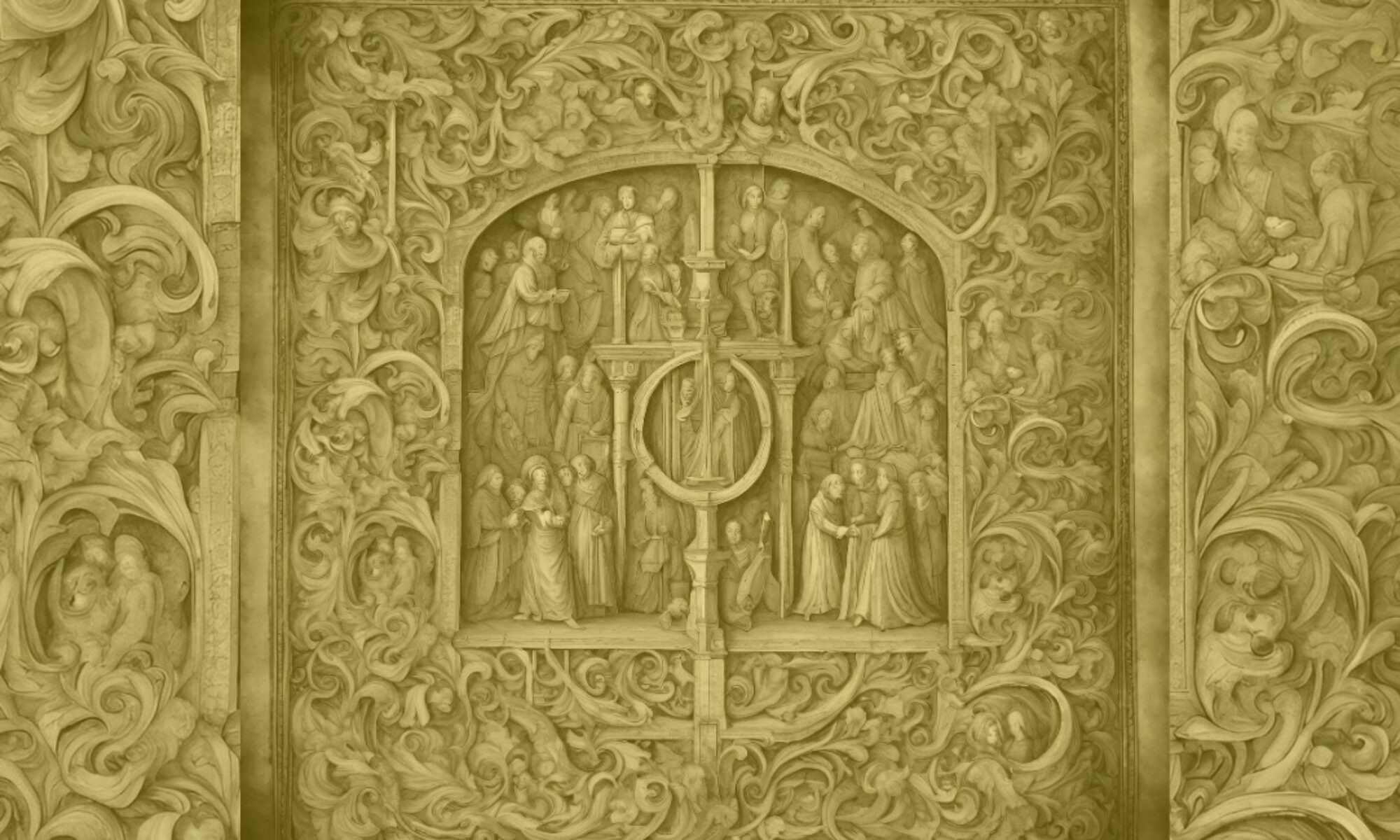PGIAA Delighted to Help Sponsor the Fates and Graces Mythologium

Pacifica Graduate Institute Alumni Association (PGIAA) is delighted to help sponsor the first Fates and Graces Mythologium, August 2-4, 2019, in Morro Bay, California.
PGIAA, a distinct, 501(c)3 non-profit organization, seeks to provide alumni and the global community with opportunities for personal and professional growth and to serve as a path for making positive changes through service and education.
Ongoing programs include the PGIAA tête-à-tête® conversations, our annual New Year’s A Toast Heard Round the World, and regular Coming Home reunion weekends, including our Alumni Authors’ Spotlight.
PGIAA also offers a Buddy Program, scholarships, professional development, the PGIAA Community Network Help Desk and Training Series, the PGIAA Support Network, including the Ambassador Program and Project Pay it Forward.
Our numerous Regional Chapters hold local Gatherings around the country. Look for upcoming happenings in Los Angeles, Chicago, Salt Lake City, San Diego, and New York.
Watch for these PGIAA Coming Events:
- Women of Soul: PGIAA Alumnae Share Their Stories – September 2019
- Pacifica Film Festival – Spring 2020
- Pondering Peace in a World of Turmoil – Fall 2020
- Our 8th Annual COMING HOME TO PACIFICA – Jan 17-19, 2020
Dianne Travis-Teague facilitates ongoing collaborations between Pacifica’s Office of the Chancellor and the Pacifica Graduate Institute Alumni Association. Dianne and the Office of Alumni Relations maintain an ongoing and constantly evolving package of alumni benefits in the form of hotel and airline discounts, auto and home insurance discounts, and member discounts to Pacifica’s bookstore and Retreat.
PGIAA strives to live up to its mission of developing a “different” type of association: one that focuses intently on “tending the soul of the world” as enshrined in the Institute’s motto of animae mundi colendae gratia. For more information, visit our website at http://www.pgiaa.org/










